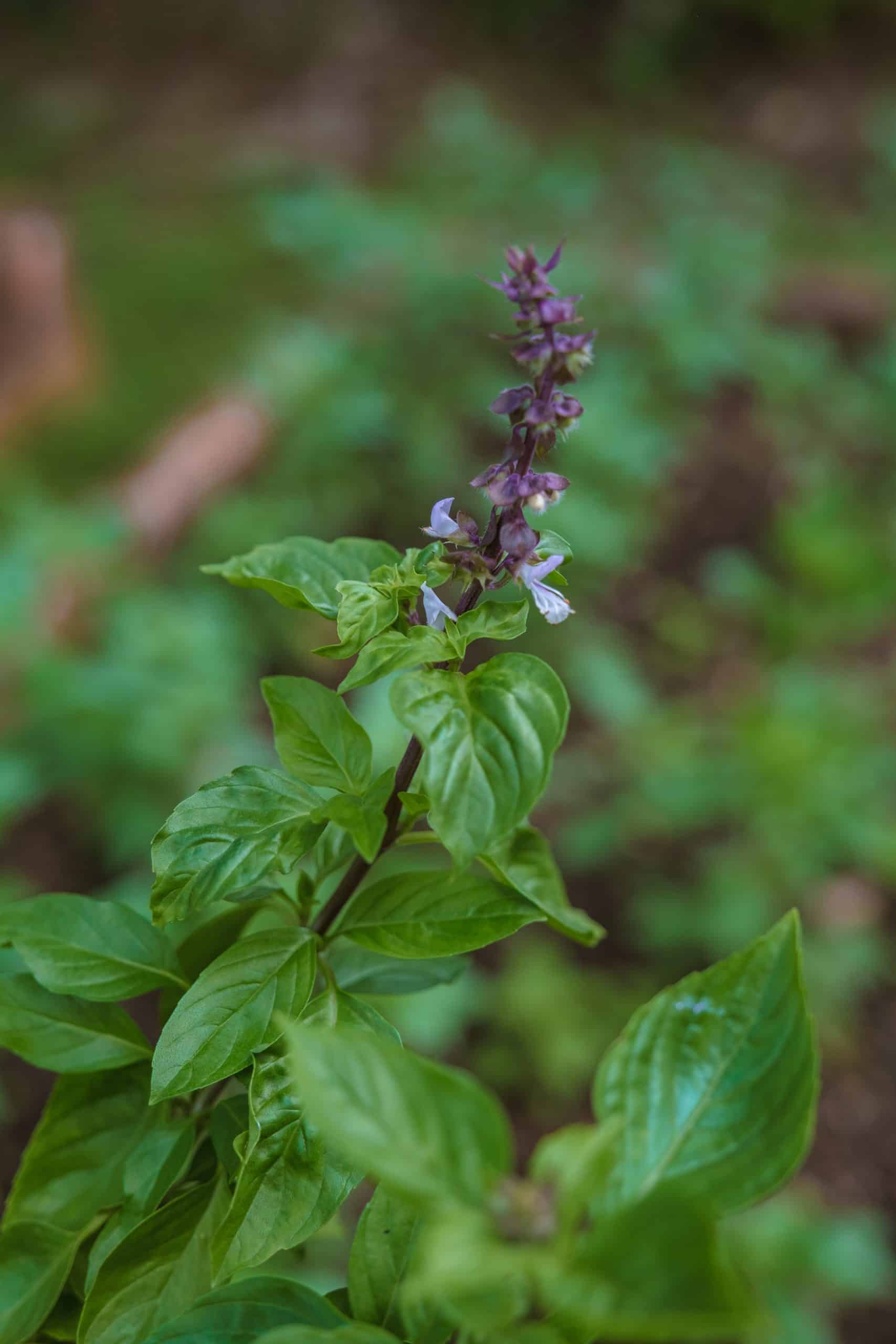Cooking is a daily routine that everyone partakes in. However, the way we cook and handle our foods can have a significant impact on our environment. As we become more conscious about our footprint on this earth, adopting eco-friendly habits in our kitchen becomes crucial. From our choice of food, cooking methods, to waste management, there are many ways we can reduce our environmental impact. Here are some practical tips for eco-friendly cooking.
Choose Local and Seasonal Foods
A significant chunk of our ecological footprint comes from the transportation of foods. Imported foods are not only costly, but they also consume a lot of energy in packaging, transportation, and refrigeration – all contributing to carbon emissions. Therefore, opting for local and seasonal foods can drastically reduce your carbon footprint.
Also to read : What are the essentials of crafting a perfect tart?
Local foods are often fresher and more nutritious since they are typically sold within 24 to 48 hours of being harvested. They are also less likely to be packed in excessive plastic. Seasonal foods, on the other hand, do not require energy-intensive greenhouses or long-term refrigeration.
Moreover, by buying local, you are supporting local farmers and the local economy. Consider visiting your local farmers’ market, joining a food co-op, or subscribing to a Community Supported Agriculture (CSA) box.
Also to read : How to make a traditional italian carbonara?
Adopt Energy-Efficient Cooking Methods
The way you cook can also have a significant impact on energy consumption. Opting for energy-efficient cooking methods can help you save energy and become more eco-friendly.
For instance, using a pressure cooker can drastically reduce cooking time and energy use. Similarly, slow cookers are energy efficient because they use a low amount of energy over a long period.
Optimizing the use of your oven can also help. Try to bake several items at once, and avoid opening the oven door frequently, as this causes heat to escape and forces the oven to use more energy to maintain the temperature.
Use Reusable Kitchen Products
The kitchen is one of the most waste-producing areas of a home. By switching to reusable kitchen products, you can reduce waste and create a more eco-friendly kitchen.
Consider replacing your plastic storage bags with reusable silicone bags. Not only are they durable and long-lasting, but they are also dishwasher safe. Switch your plastic wrap for beeswax wraps, which are washable, reusable, and compostable.
Invest in a good set of glass containers for food storage. These containers are not only durable, but they also eliminate the need for disposable plastic containers.
Reduce Water Usage
Water is a precious resource, and we often take it for granted. Being mindful of your water usage in the kitchen can significantly help the environment.
Consider using a bowl or sink filled with water to wash your fruits and vegetables, instead of running them under the tap. Reuse the water for watering your plants.
When washing dishes, don’t let the water run constantly. Fill one sink with soapy water for washing, and the other with clear water for rinsing. If you are using a dishwasher, make sure it’s fully loaded before you run it.
Minimize Food Waste
Food waste is a significant issue that contributes to environmental problems. Therefore, being mindful about waste can help make your kitchen more eco-friendly.
Start by planning your meals in advance. This can help reduce the likelihood of buying excess food that you don’t need. Store your foods properly to ensure they last longer.
Consider composting your food scraps. Composting not only reduces waste, but it also enriches the soil in your garden. If you don’t have a garden, many cities offer composting programs that will take your food scraps.
Conclusion
Eco-friendly cooking is not only about the food you cook, but also how you cook and handle your food. It may seem overwhelming at first, but small changes can make a big difference. Remember, every step you take towards eco-friendly cooking is a step towards a healthier planet.
Consider a Plant-Based Diet
A shift towards a plant-based diet can be a powerful weapon in the fight against environmental degradation. The meat and dairy industries are significant contributors to greenhouse gas emissions, deforestation, and water pollution. By reducing our reliance on these foods, we can help curb our environmental impact.
Plant-based foods generally require less energy, water, and land to produce, reducing the strain on our planet’s resources. Additionally, a diet rich in fruits, vegetables, legumes, and whole grains is beneficial for our health.
While it may not be feasible for everyone to completely eliminate meat and dairy from their diets, even reducing consumption can make a significant difference. Consider implementing ‘Meatless Mondays’ or substituting dairy milk with alternatives like almond or oat milk.
Moreover, when you do consume animal products, consider the source. Opt for those from local farmers who practice sustainable farming methods. This not only helps reduce your carbon footprint but also supports local businesses and economies.
Ditching Aluminum Foil and Plastic Bags in Cooking
Cooking often involves the use of disposable materials like aluminum foil and plastic bags. However, these materials contribute significantly to landfill waste and take hundreds of years to decompose. They also require considerable energy to produce, adding to our overall carbon emissions.
Instead, consider using environmentally friendly alternatives. For example, instead of using aluminum foil to cover your dishes, you can use a baking sheet or an oven-safe dish with a lid.
Similarly, rather than using plastic bags for storage or marinating food, consider using reusable silicone bags or glass containers. These alternatives not only reduce waste but also save money in the long run as they can be washed and reused multiple times.
By making these small changes in your cooking habits, you can contribute to a more sustainable kitchen and a healthier environment.
Conclusion
Adopting eco-friendly cooking practices is an excellent way to reduce our environmental impact and move towards a more sustainable lifestyle. From choosing local and seasonal foods, using energy-efficient cooking methods, reducing waste, and more, every little effort counts. Transitioning to more environmentally friendly practices in the kitchen might seem challenging at first, but it’s about making small, manageable changes that add up over time. Remember, every step towards eco-friendly cooking is a step towards a healthier planet. You’re not just making a difference in your life but are contributing to a larger, global effort to protect and preserve our environment for future generations.











